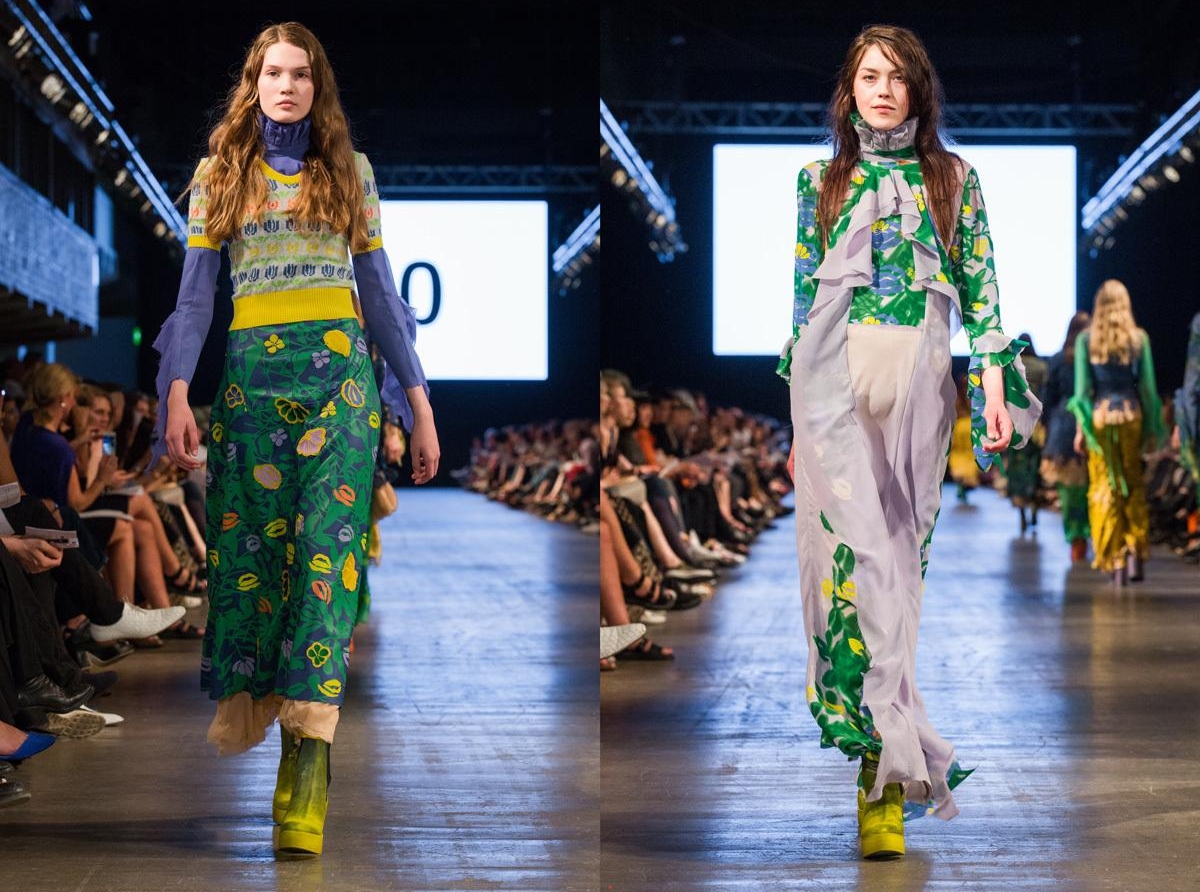14 July 2023, Mumbai
However, the introduction of standardized sizing systems in the 1940s led to a shift towards ready-to-wear clothing, with the fashion industry producing mass-produced garments in a range of sizes.
Prologue
1940s standardized sizes caused a move to personalized clothing, considering sustainability. Luxury and affordable brands fuel the custom market.
Indian startups drive the trend, while technology transforms it.
The Shift from Custom-Made to Ready-to-Wear Clothing; The concept of custom-made clothing may seem exclusive to the wealthy and those with access to couture ateliers, but not too long ago, it was the standard way of buying clothes for many people.
Response to Environmental and Ethical Concerns
While this standardized approach made fashion more accessible and affordable, it also resulted in environmental issues and unethical labor practices associated with fast fashion.
As a result, consumers are now becoming more aware of the environmental impact of their fashion choices and are embracing made-to-measure clothing as a sustainable alternative.
Redefining Style
According to research and analysis firm Proficient Market Insights, the custom clothing market is expected to grow at a compound annual growth rate of 9.56% between 2022 and 2027.
This growth is driven by both luxury brands and affordable retailers recognizing the demand for custom-made clothing.
While traditional luxury labels like Ermenegildo Zegna and Ralph Lauren have long been associated with custom clothing, more accessible brands like H&M, Massimo Dutti, Mango, Zara, and Guess have also entered the market.
Market Growth; Europe currently holds the largest market share for custom clothing, followed by North America and China.
Coats are the most popular product category, and both physical stores and online platforms are significant distribution channels.
Shift towards bespoke
The rise of bespoke fashion exemplifies the shifting perspectives on style and the growing demand for individuality and sustainability.
With an increasing awareness of the detrimental effects of fast fashion on the environment and workers, consumers are actively seeking alternatives that align with their values.
Embracing Personalized Fashion
Distinguishing itself from its made-to-measure counterpart, bespoke fashion involves the meticulous skills of pattern makers, seamstresses, and other custom clothing experts.
These knowledgeable artisans produce clothing samples that are then examined, refined, and approved by fashion designers, ensuring the highest level of quality and personalization.
The Custom Clothing Market in India
In India, custom-made clothing has always been a part of the culture, with individuals preferring tailored garments over ready-to-wear options.
The rise of fashion startups in India has further fueled the demand for custom clothing, with these companies focusing on creating memorable shopping experiences and leveraging technology to offer personalized services.
The pandemic has accelerated the adoption of digital solutions, such as virtual fitting rooms and augmented reality, to enhance the customer experience and enable contact-free shopping.
Custom Clothing Sector
While the demand for formal shirts and ties may decline, the market for well-made tailored suits and separates is expected to continue growing.
The pandemic has led to a shift towards casual attire, but there is still a demand for tailored suits for special occasions.
Designers are also introducing innovative styles and silhouettes, including anti-fit designs and sporty layering, to cater to changing fashion preferences.
The Impact of Technology
The use of technology, such as 3D modeling and AI-powered data analytics, is revolutionizing the custom clothing sector. Companies are leveraging these tools to accurately estimate customer demand, provide virtual try-on experiences, and create personalized garments based on individual measurements and style preferences.
The Role of Technology; Digital marketplaces are also emerging, connecting buyers with designers, tailors, and manufacturers to offer a wide range of customization options.
The Global Trend Towards Custom-Made Clothing and Its Future Outlook
The demand for custom-made clothing is on the rise globally, driven by factors such as sustainability, individuality, and the desire for a better fit.
Fashion brands are embracing new technologies to offer personalized experiences, and the market is expected to continue growing in the coming years for "Tailored Suits and Innovative Styles".
Custom Clothing Market on the Rise as Consumers Embrace Personalized, Environmentally-Friendly Apparel.
Pioneering Sustainable Luxury
In this realm, brands like Careste have successfully integrated sustainability with the essence of luxury bespoke fashion.
By combining the finest materials and employing skilled craftsmen, Careste embodies a commitment to both eco-consciousness and exceptional craftsmanship.
Bespoke fashion, characterized by its handmade craftsmanship and thoughtfully sourced sustainable materials, has emerged as a favored choice.
Sustainable, unique, and well-fitting custom fashion thrives globally.

























